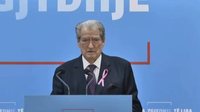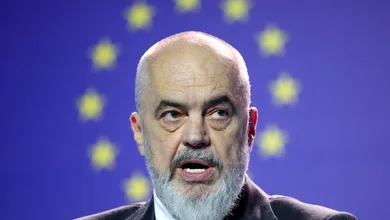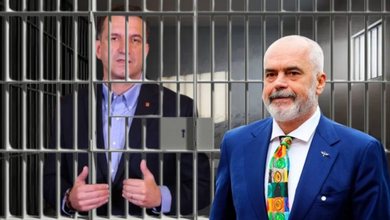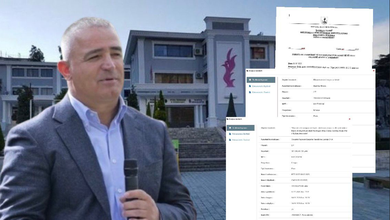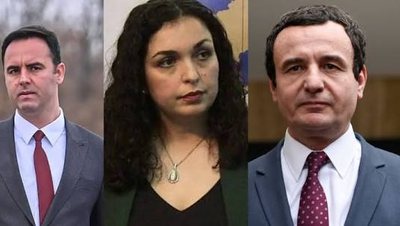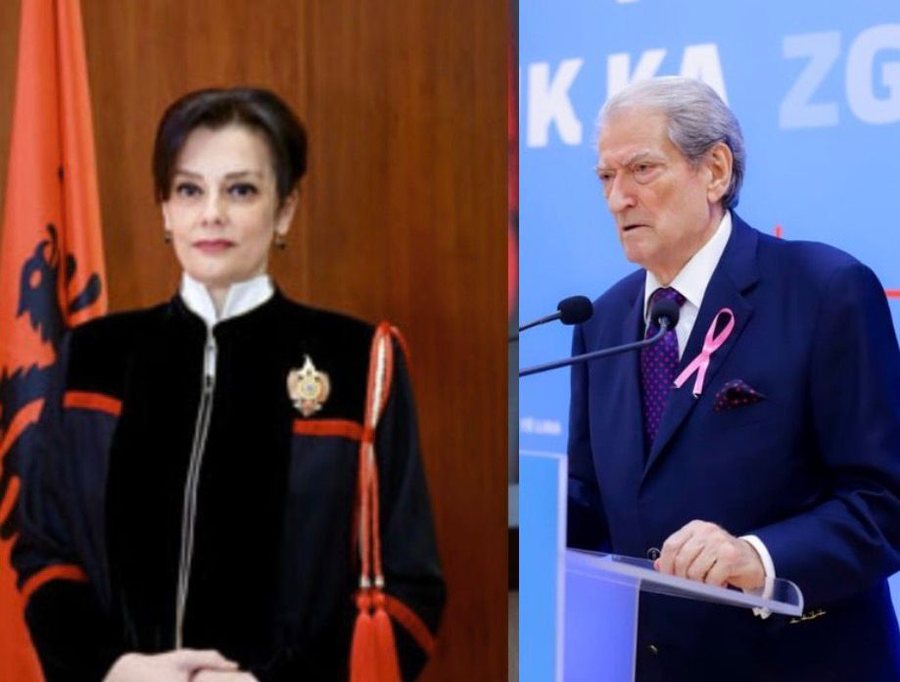
The Constitutional Court's decision not to hold elections in Tirana until 2027 brought strong reactions in politics. Sali Berisha greeted the judges who voted against President Begaj's decree and against the government's line, describing them as defenders of principles and the rule of law.
But Sonila Bejta was not among those votes. She voted yesterday in favor of the President's decree — in line with the majority's argument.
This is where the contradiction arises: just a few weeks ago, Berisha had elevated Bejtje as an exemplary figure of judicial independence, as a voice that needed to be protected from attempts to terminate her mandate.
"Sonila Bejtja was an independent voice, a voice that honored the fundamental principle of a system. Those who think that she is becoming a political advocate here are mistaken. She is becoming an advocate for the constitutional order and constitutionality," Berisha said of Sonila Bejtja.
He denounced the attempt to terminate her mandate, calling it illegal interference and announcing that impeachment proceedings against the authors of this scheme would be documented.
So, Bejta was an example of independence. What about today? It's simply not mentioned.
Instead of respecting the defense he once gave her, Berisha today avoids any reference to her, focusing on the five who voted against the decree — even though Bejta is part of the group and part of the debate.
The lack of mention is no coincidence. It creates the impression that the political assessment of judges depends on the next vote, not on the previously stated principle.
The case of Sonila Bejtje is not simply a personal episode. It shows that political rhetoric towards justice often changes with the speed of the vote. That judicial figures are praised as "independent" when the decision goes in their favor and forgotten or silenced when the decision does not match political expectations.
In a country where justice is under constant scrutiny, the Bejta case shows once again that the political narrative often serves not the principle, but the result. And the public remains witness to a pattern: praise for good decisions, silence for inappropriate ones.


